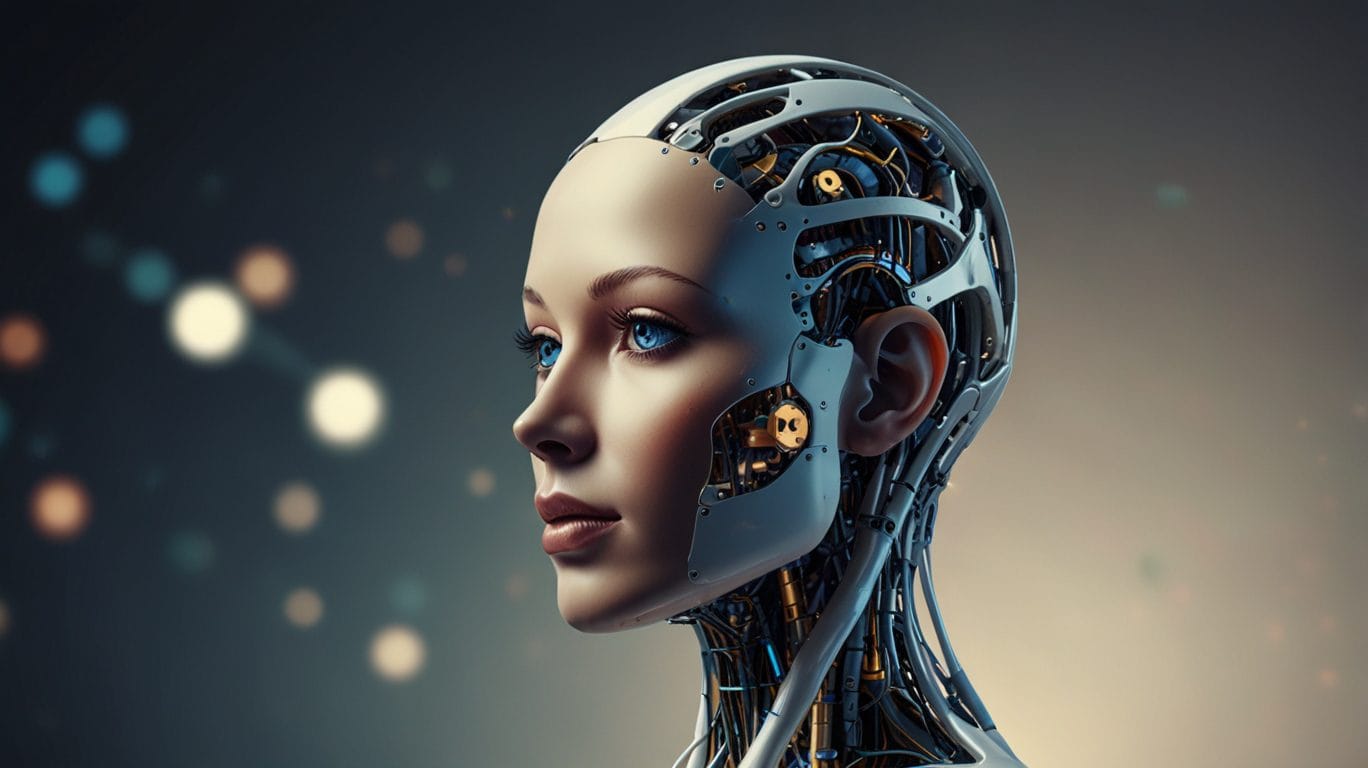Artificial Intelligence (AI) has rapidly evolved from a concept confined to science fiction to an integral part of our daily lives. From virtual assistants to self-driving cars, AI is reshaping industries and transforming the way we interact with the world. While the potential benefits are immense, the ethical implications and challenges cannot be ignored.
Understanding AI
At its core, AI refers to the development of intelligent agents, systems that can perceive their environment, reason, learn, and take actions to achieve specific goals. Machine learning, a subset of AI, empowers computers to learn from data without explicit programming, enabling them to improve their performance over time.
AI can be categorized into two primary types:
- Narrow AI: Designed to perform specific tasks, such as facial recognition, speech recognition, or playing chess.
- Artificial General Intelligence (AGI): Hypothetical AI with human-level intelligence, capable of understanding, learning, and applying knowledge across various domains.
The Impact of AI on Society
The influence of AI is pervasive across numerous sectors:
- Healthcare: AI-powered diagnostics tools can analyze medical images with greater accuracy than humans, aiding in early disease detection. Drug discovery is accelerated through AI-driven simulations, and personalized treatment plans are becoming a reality.
- Finance: AI algorithms are employed for fraud detection, risk assessment, and algorithmic trading. Chatbots and virtual assistants enhance customer service experiences in the banking industry.
- Transportation: Self-driving cars promise to revolutionize transportation, reducing accidents and improving efficiency. AI-powered traffic management systems optimize traffic flow and reduce congestion.
- Education: AI-powered tutoring systems provide personalized learning experiences, adapting to individual student needs. Intelligent content creation tools assist educators in developing engaging materials.
- Entertainment: AI generates realistic visual effects in movies, creates music compositions, and powers recommendation systems on streaming platforms.
Ethical Considerations
The rapid advancement of AI raises critical ethical questions:
- Bias: AI systems can inherit biases present in the data they are trained on, leading to discriminatory outcomes. Efforts are underway to develop algorithms that are fair and unbiased.
- Job Displacement: Automation powered by AI has the potential to replace human workers in certain industries, leading to job losses. Reskilling and upskilling programs are essential to mitigate this impact.
- Privacy: AI systems collect and process vast amounts of data, raising concerns about privacy and data protection. Robust data privacy regulations are necessary to safeguard individuals’ rights.
- Autonomous Weapons: The development of autonomous weapons systems raises ethical dilemmas about the use of lethal force without human intervention. International agreements and regulations are crucial to prevent misuse.
- Accountability: Determining who is responsible when an AI system makes a harmful decision is a complex legal and ethical challenge. Clear guidelines for AI development and deployment are needed to establish accountability.
The Future of AI
The future of AI holds immense promise, but it also presents significant challenges. To harness the benefits of AI while mitigating risks, a multidisciplinary approach is essential. Collaboration between technologists, ethicists, policymakers, and the public is vital to shape the development and deployment of AI in a responsible and beneficial manner.
As AI continues to evolve, it is imperative to prioritize human values, ensure transparency, and foster inclusive innovation. By addressing ethical concerns proactively and investing in education and training, we can create a future where AI serves as a force for good, enhancing human well-being and driving progress.
